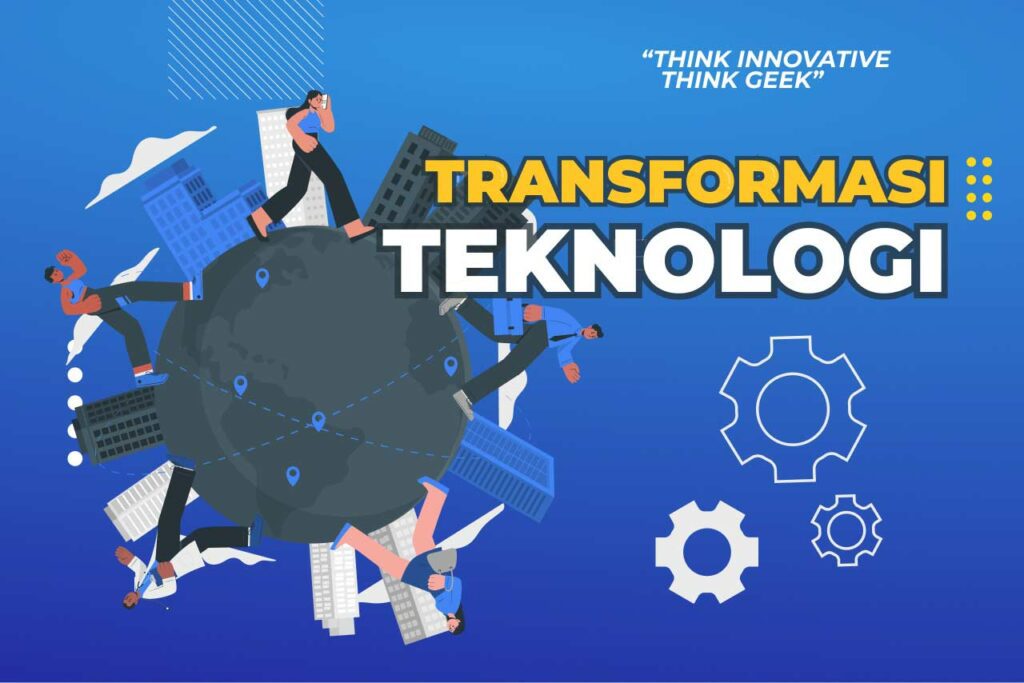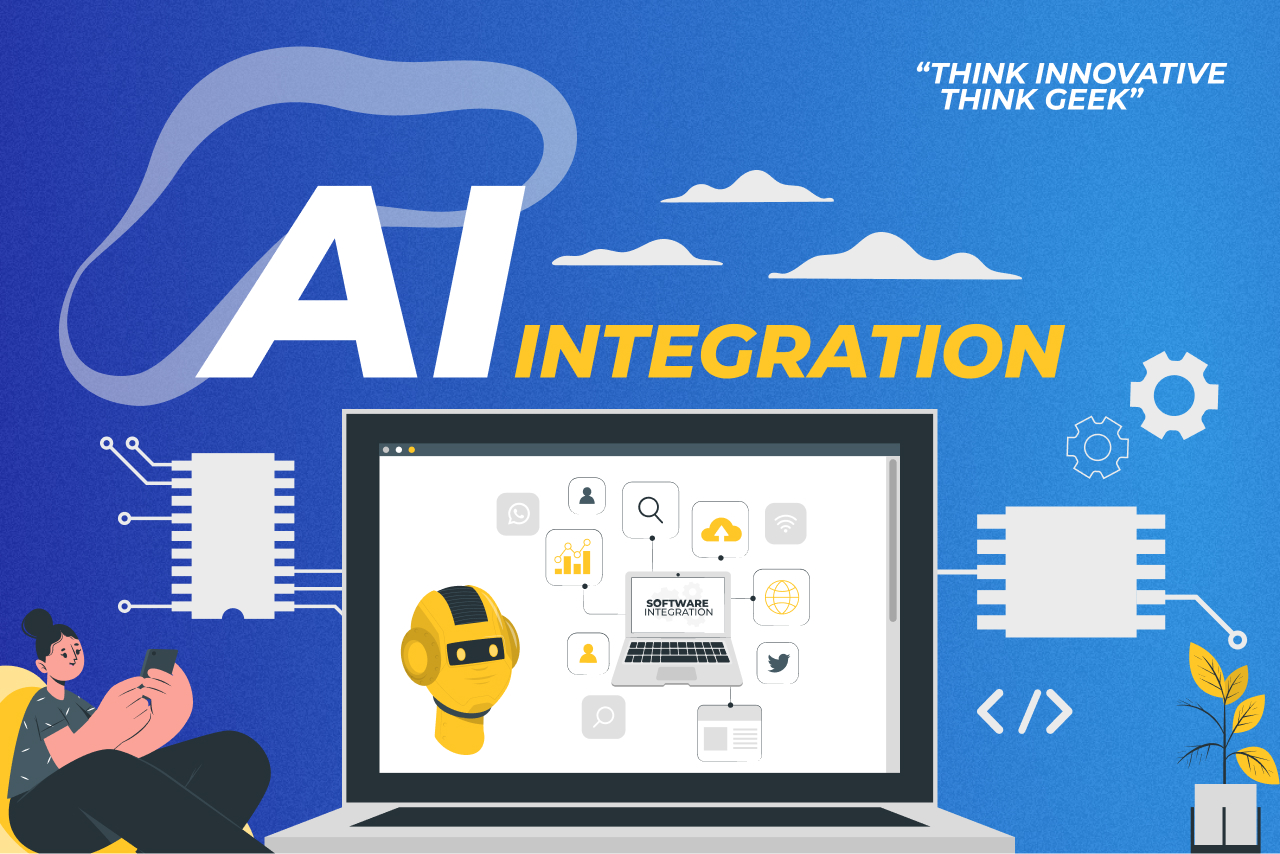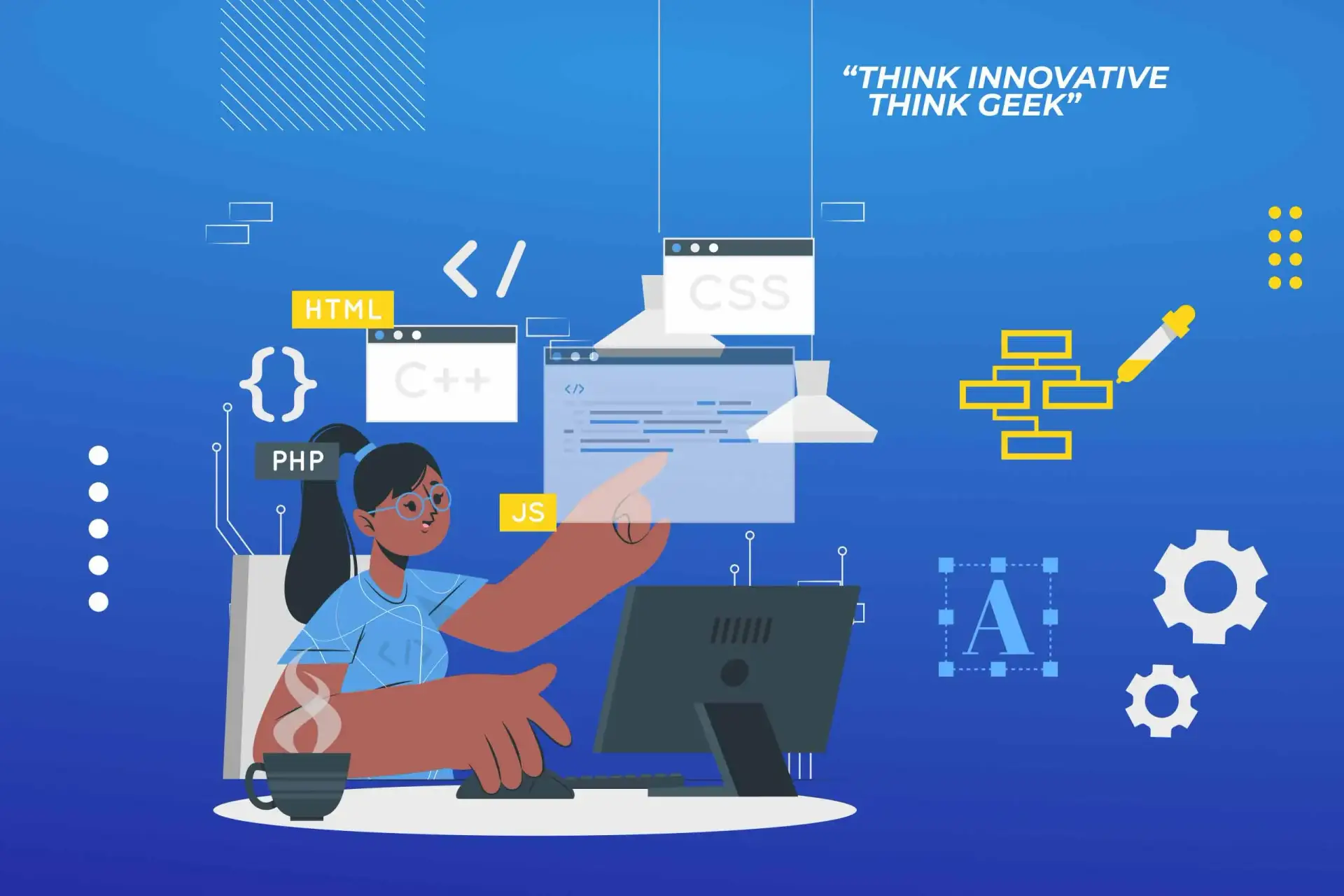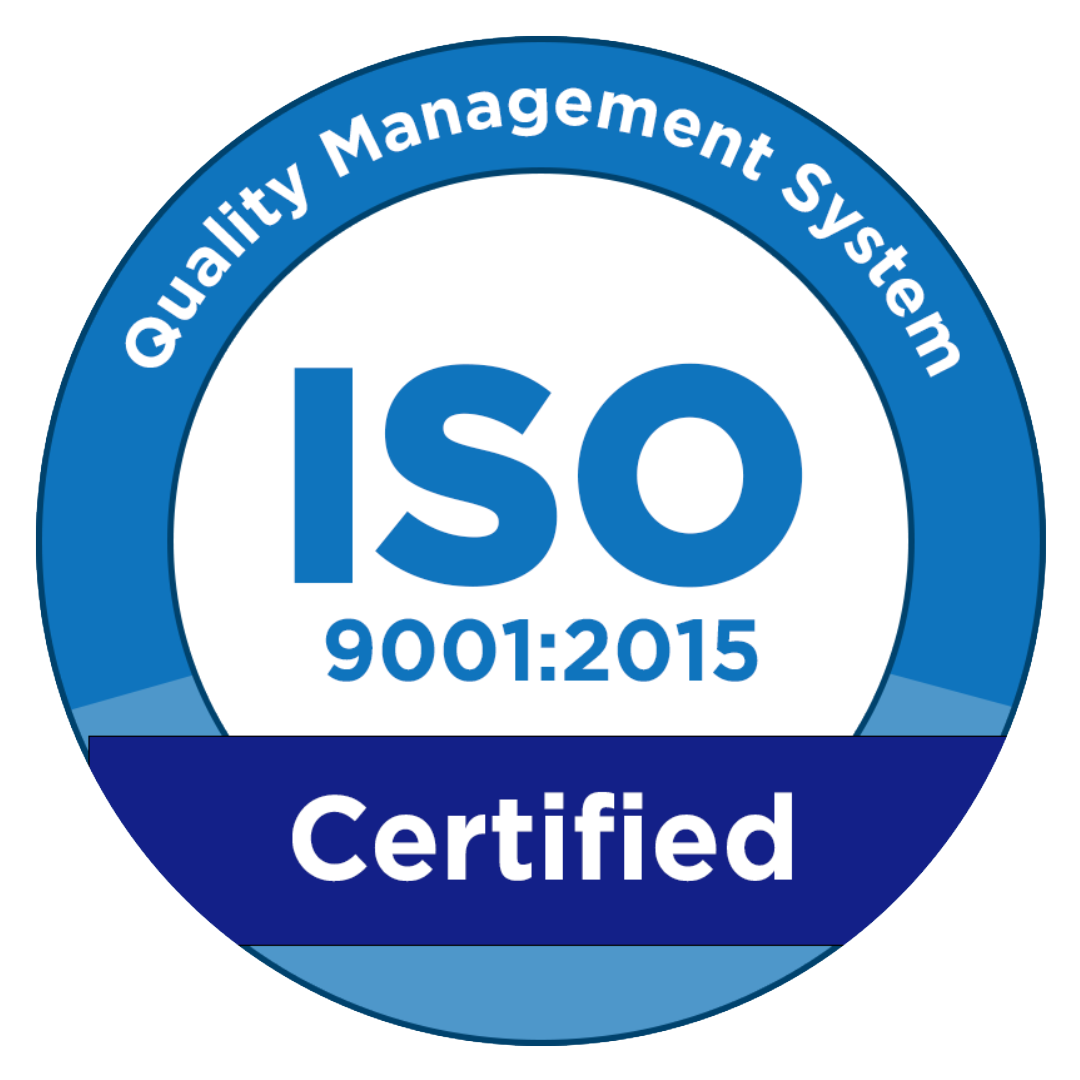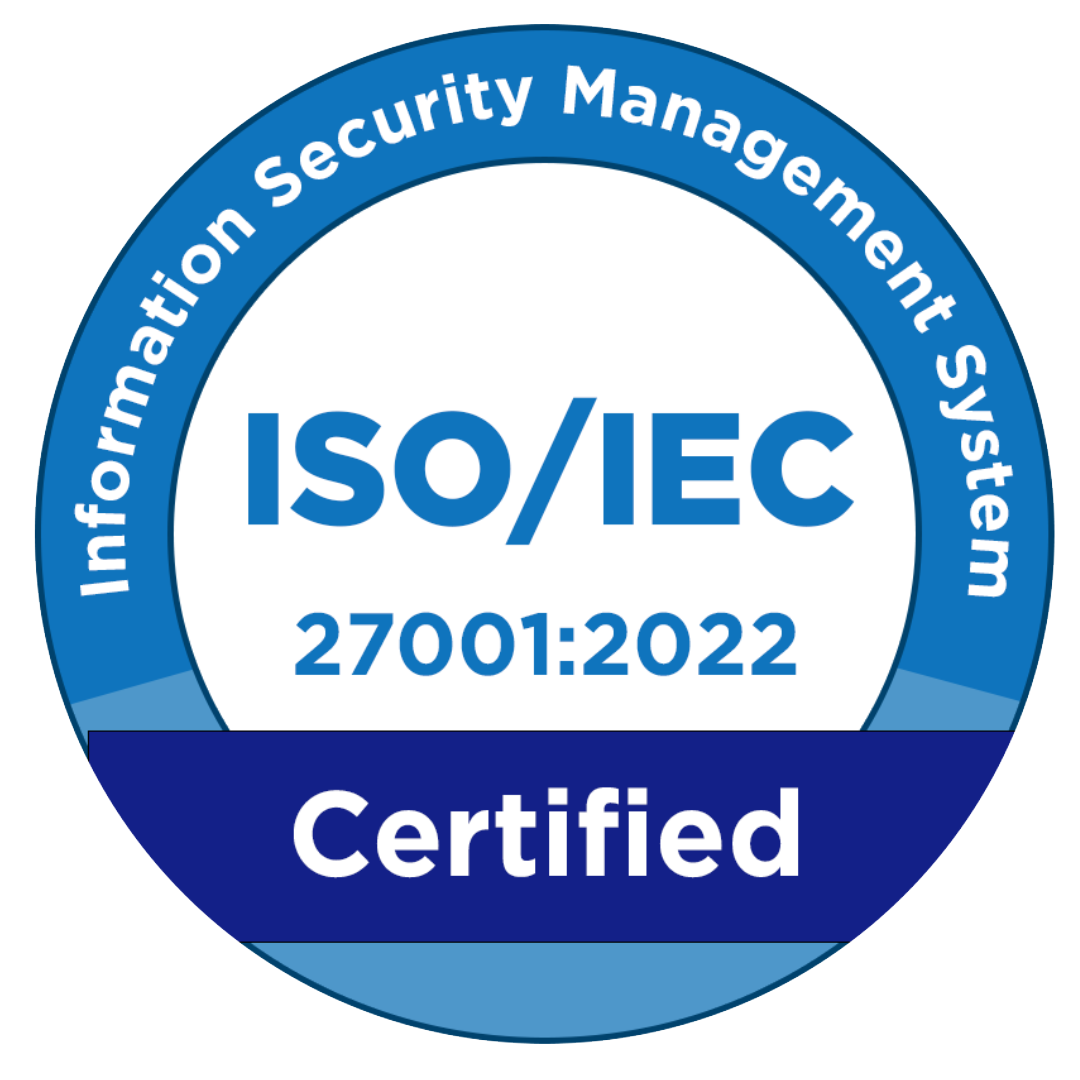In the rapidly evolving digital era, technology transformation has become a necessity for every business. Many companies are now racing to innovate and adopt technology to enhance operational efficiency and competitiveness.
Technology transformation in business is highly beneficial for infrastructure development and operational efficiency. Thus, for business owners, consultants, managers, and system developers, understanding the importance of technology transformation is essential.
In this article, you will gain deeper insights into the objectives of technology transformation in business, how to implement it, and examples of its application in Indonesia.
What is Technology Transformation?
Technology transformation refers to the fundamental process of change in how a business operates by adopting new technologies. This effort includes utilizing digital infrastructure, modern IT solutions, and tools to boost operational efficiency and effectiveness.
However, technology transformation is not just about replacing old technologies with new ones, but also about changing the business mindset to be more adaptive and responsive to current developments.
Objectives of Technology Transformation in Business
Technology transformation aims to increase competitiveness, improve operations, and provide added value to customers. Below are some of the primary goals of technology transformation in business:
1. Enhancing Operational Efficiency
One of the main objectives of technology transformation is to improve operational efficiency. With the help of digital technology and automation, businesses can reduce production costs, speed up work processes, and minimize human error.
2. Improving Customer Experience
Technology transformation enables businesses to provide a more satisfying customer experience. From customer service to product personalization, digital technologies such as chatbots, CRM, and data analytics play a crucial role in understanding customer needs and preferences.
3. Encouraging Product and Service Innovation
Through technology adoption, businesses can innovate more easily. For instance, companies can use customer data to develop products or services more relevant to market needs.
Technology also allows for faster and more efficient product testing, minimizing the risk of failure in the market.
4. Enhancing Data and Information Security
Data security is a top priority in the modern business world. Technology transformation offers businesses the opportunity to strengthen their security systems by adopting advanced cybersecurity solutions.
Technologies such as data encryption, two-factor authentication systems, and more secure cloud technologies can reduce the risk of data theft or cyberattacks.
5. Optimizing Decision Making
Technology transformation allows companies to make better data-driven decisions. Technologies such as big data and AI have the capability to analyze customer behavior patterns, market trends, and operational conditions in depth.
With technology transformation, business owners can make more informed decisions, ultimately improving overall business performance.
6. Improving Internal Collaboration and Communication
By using digital technologies like cloud-based collaboration and reporting tools, such as Slack, Kanban, Microsoft Teams, employees can collaborate easily. This not only facilitates remote work but also ensures that all teams are on the same page.
7. Being More Responsive and Adaptive to Change
With technology, businesses can respond to market changes more quickly. When there are shifts in consumer trends or market demands, companies that have undergone technology transformation can adapt effectively.
Process of Implementing Technology Transformation
The implementation of technology transformation is not an instant process. There are several important stages you need to go through, from planning to evaluation.
1. Preparation and Planning
Before undergoing digital transformation, businesses must prepare thoroughly. This stage includes evaluating business needs, assessing the most relevant technologies, and determining the goals to be achieved.
This preparation will serve as an important foundation for the successful implementation of technology.
2. Transformation Execution
In this phase, the company begins to implement the planned technology. This stage includes the implementation of new software, IT infrastructure replacement, or the integration of digital technology into daily operational processes.
3. Employee Training and Development
Employees must be involved in the technology transformation process. Digital skills training and development are crucial so that employees can maximize the use of new technology. Additionally, changes in work culture may also be necessary to ensure smoother transformation.
4. Evaluation and Maintenance
After the technological is implemented, businesses need to conduct regular evaluations to ensure the technology delivers the expected results. If there are issues or obstacles, the company should be ready to make improvements or adjustments.
Examples of Technology Transformation in Indonesia
technological transformation has taken place in various industry sectors in Indonesia. Here are some examples of companies that have successfully implemented technology in their operations:
1. Traveloka (Tourism Sector)
Traveloka has revolutionized the way consumers book flights, hotels, and other travel services. With digital technology, they can provide fast, easy, and secure services to their users.
2. Shopee (Retail Sector)
Shopee has become one of the e-commerce platforms in Indonesia with services integrated with payment and delivery features that make it easier for consumers.
3. Ruangguru (Education Sector)
Ruangguru utilizes technology to provide wider access to education for students across Indonesia. This platform offers online tutoring services accessible anytime and anywhere.
4. Jenius by BTPN (Financial Sector)
Jenius by BTPN is another example of technology transformation in the financial sector. This digital banking app simplifies how customers manage their finances online without needing to visit a bank.
5. Halodoc (Healthcare Sector)
Halodoc offers online health consultation services, enabling patients to interact with doctors without having to go to the hospital.
This implementation is a real example of how technology can improve efficiency in the healthcare industry.
6. Gojek (Transportation Sector)
Gojek has not only changed the way we order transportation but also integrated various services such as food delivery, digital payments, and parcel delivery. This implementation has made Gojek one of the largest technology companies in Indonesia.
That is an explanation of technological transformation and its objectives in business across various sectors. In the digital era, technological transformation is no longer an option but a necessity for businesses that want to remain relevant and competitive.
By enhancing and encouraging innovation, technological transformation can help companies continue to grow amid increasingly fierce competition.
For business owners, consultants, managers, and system developers, it is time to start taking steps towards technology transformation now.
Therefore, GeekGarden provides custom software development services specifically designed to meet your business needs. Contact GeekGarden through our contact page to get the best service for you right now!
Author: Sari Dewi (Content Writer)
Editor: Helmi Maulidina (SEO Specialist)



